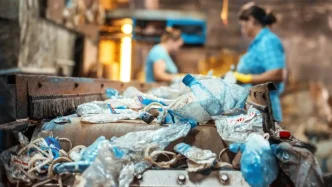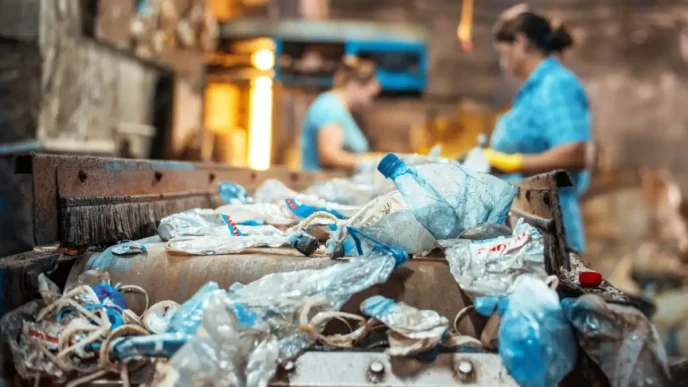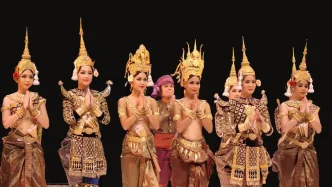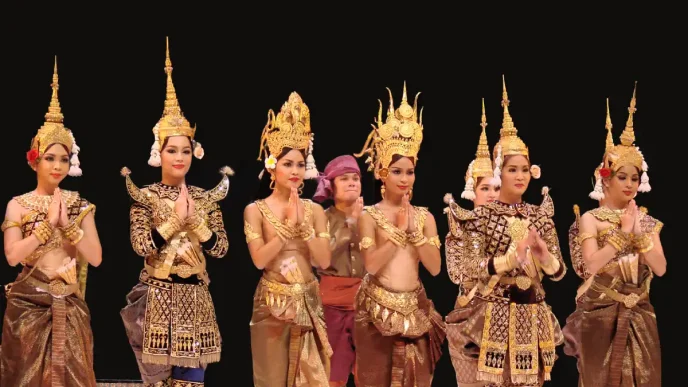In a heartwarming milestone for wildlife conservation, Singapore’s Mandai Wildlife Reserve welcomed an unprecedented 998 baby animals across its parks in 2024, surpassing the previous record of 970 newborns set in 2023. This remarkable achievement, announced by the Mandai Wildlife Group (MWG) on March 27, 2025, highlights the success of dedicated breeding programs and innovative care techniques at a time when many species face existential threats in the wild.
A Diverse Array of New Arrivals
The bumper crop of births spans a wide range of species, from mammals and birds to reptiles and amphibians, with 34 of them listed as threatened under the International Union for Conservation of Nature’s (IUCN) Red List of Threatened Species. Among the standout additions is Putri, a proboscis monkey born to parents Malaka and Jeff. Named “princess” in Malay and Indonesian, Putri represents a small but significant victory for a species grappling with habitat loss due to deforestation for timber and oil palm plantations. Visitors can often spot her clinging to her mother or playing with her brother Bayu in the proboscis monkey habitat.
Other notable arrivals include five slender-tailed meerkat pups—the first of their species born at Mandai since 2019—split between twins at the Great Rift Valley of Ethiopia exhibit and triplets at Wild Africa. A female Linne’s two-toed sloth named Hope, three oriental small-clawed otters, and two Goeldi’s monkeys—the first in nine years—also joined the Mandai family, captivating visitors with their charm.
Breeding Breakthroughs for Endangered Species
MWG’s efforts extend beyond mere numbers, with a focus on species of high conservation value. At Night Safari, the birth of three Turkmenian markhor kids marked the first offspring for this mountain-dwelling species in five years, while a male woylie joey, the fifth born since 2021, explores its habitat with growing confidence. River Wonders celebrated the arrival of a giant anteater pup named Solana and a West Indian manatee calf, the latter forming a touching bond with another young manatee born in 2023.
Reptiles and amphibians also saw significant breeding successes. The endangered golden mantella frog produced 31 hatchlings—the highest in three years—thanks to meticulous efforts by animal care teams to replicate specific water conditions and simulate seasonal changes. Similar care led to breakthroughs with the black-legged poison frog and the Lake Titicaca frog, both requiring highly specialized environments to thrive.
Innovative Care and Conservation Efforts
MWG’s commitment to conservation is evident in its tailored approaches to breeding and rearing. For instance, neglected or abandoned bird eggs at Bird Paradise are retrieved and incubated at a dedicated research center. Newly hatched chicks, such as those of the golden parakeet and yellow-mantled chattering lory, are hand-raised in controlled environments before gradual exposure to natural conditions prepares them for life in the aviaries. First-time hatchings of species like the blue-winged leafbird and Madagascar teal, alongside the first gentoo penguin chicks born at Mandai, underscore the effectiveness of these methods.
Local species are not overlooked either. The Chrisangi leaf insect, native to Singapore, is a focus of breeding efforts to prevent its extinction, while tropical fish like the blue discus saw 80 new additions to their school at River Wonders. These initiatives reflect a broader mission to safeguard biodiversity both globally and within Singapore’s own ecosystem.
A Beacon of Hope Amid Global Challenges
The record-breaking births at Mandai Wildlife Reserve come as a beacon of hope amid sobering global trends. Habitat destruction, climate change, and human encroachment continue to threaten countless species, making ex-situ conservation programs—such as those managed by the European Association of Zoos and Aquaria, in which 23 of Mandai’s 143 breeding species participate—crucial for survival. Each new birth, from the curious emperor tamarin to the shy manatee calf, represents a step toward preserving genetic diversity and potentially reintroducing species to their natural habitats.
For visitors, the baby boom offers a chance to connect with nature and witness conservation in action. The sight of a woylie joey exploring its surroundings or gentoo penguin chicks waddling alongside their parents serves as a reminder of what is at stake—and what can be achieved through dedication and innovation.
As Mandai Wildlife Reserve builds on this success, the question remains how these efforts can inspire broader action. With species like the proboscis monkey and golden mantella frog still facing dire threats in the wild, the reserve’s work is a call to protect the fragile ecosystems that sustain them, ensuring future generations can marvel at these creatures not just in zoos, but in their natural homes.














